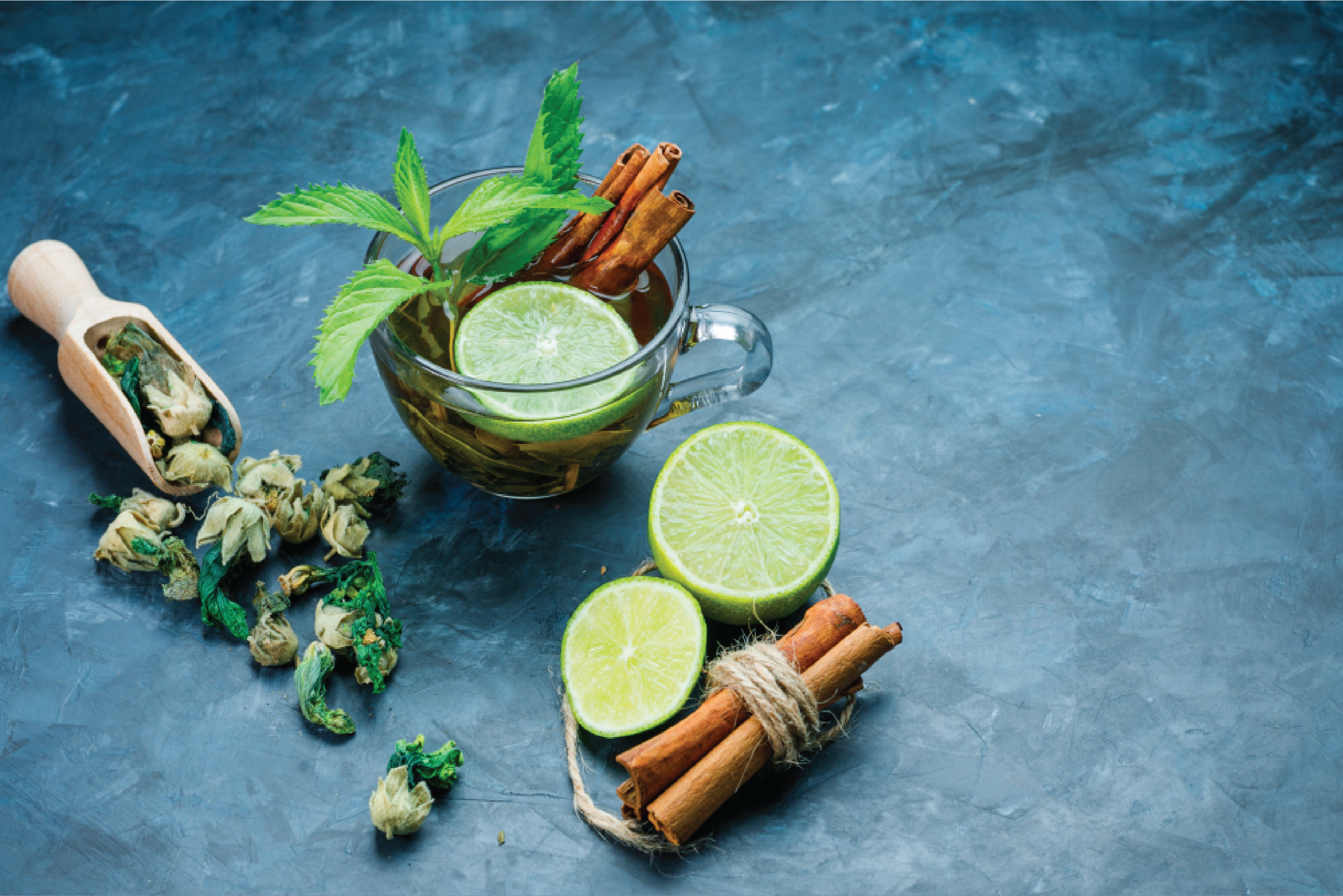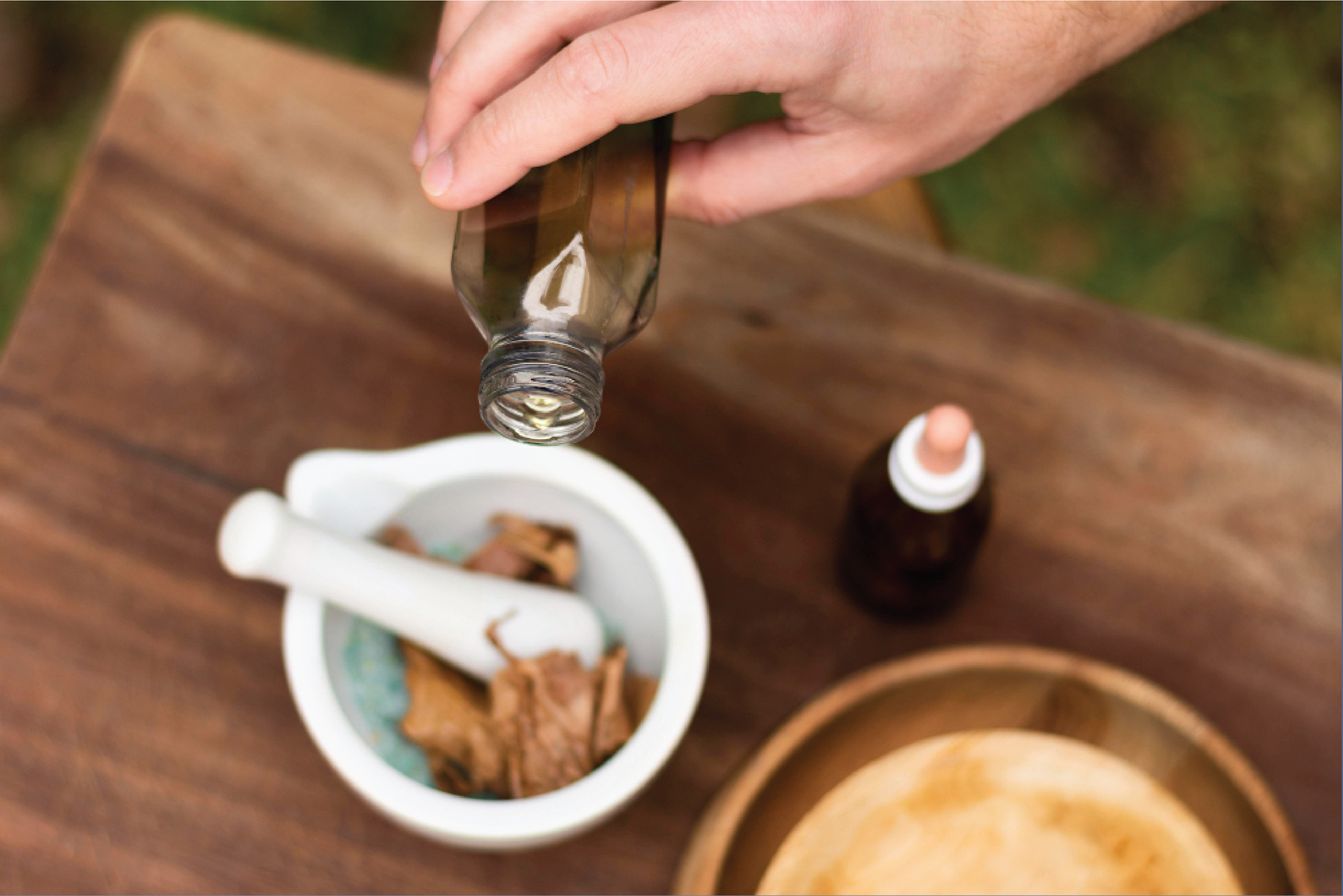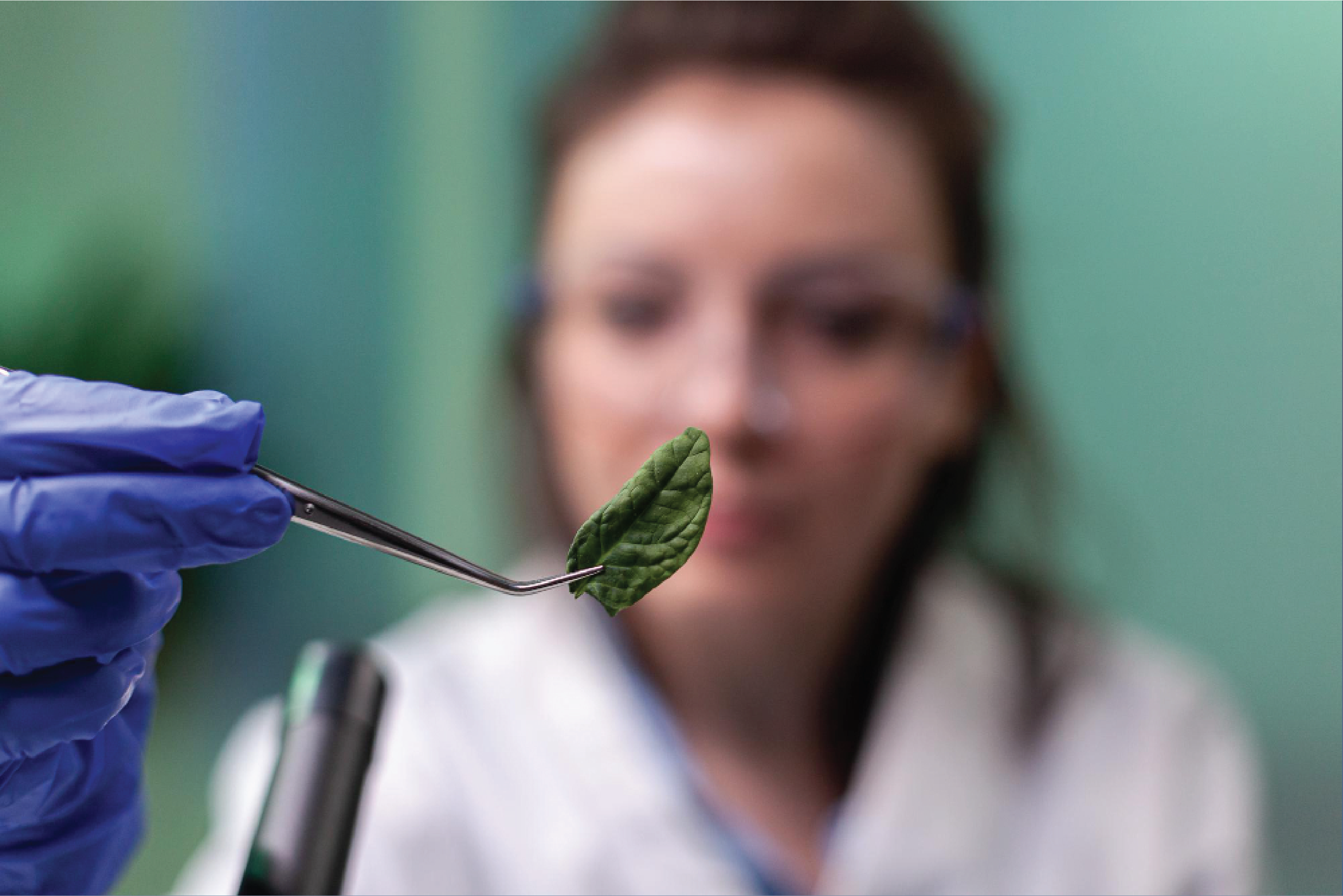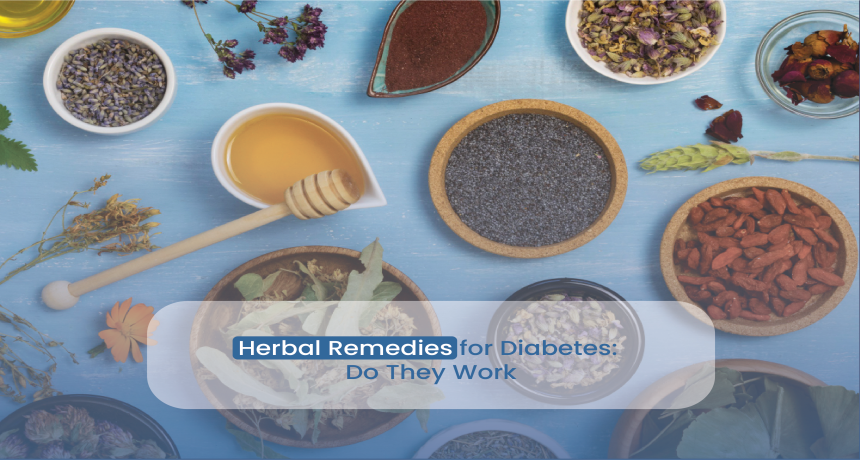Herbal Remedies for Diabetes: Do They Work?
2025-09-12 An estimated 415 million adults around the world have diabetes, and this number is predicted to reach 642 million adults by 2040. As this metabolic disorder becomes more prevalent globally, people are increasingly turning to traditional herbal remedies to complement their medical treatment, typically to manage their blood sugars naturally. But do conventional herbal remedies work? Let's examine what recent studies show about the use of herbal remedies in managing diabetes. Recent studies have shown potential for some complementary and alternative herbal treatments for diabetes. According to a 2024 summary review, patients with diabetes commonly use herbal medicines, and studies have indicated several ways these solutions may influence glycemic control: Improving insulin sensitivity Stimulating insulin secretion Inhibiting glucose absorption Reducing oxidative stress Improving pancreatic beta-cell function The Research: Fenugreek is one of the more evidence-based herbal interventions for diabetes. A recent 2023 systematic review and meta-analysis of 10 studies, including 706 patients, found that fenugreek: Lowered fasting blood glucose by an average of 26.66 mg/dL Lowered two-hour post-prandial glucose by 30.29 mg/dL Lowered hemoglobin A1c (a marker for long-term blood sugar) by 0.54% Lowered cholesterol and triglycerides. Mechanism: Fenugreek consists of galactomannan fiber, saponins, and 4-hydroxyisoleucine to delay glucose absorption and increase insulin sensitivity. Dosage: The studies generally found participants using a dose of about 1-10 grams daily, usually a powder mixed with food or standardized extracts. Safety: Generally, fenugreek is well-tolerated; however, some report mild gastrointestinal side effects, such as mild bloating or upset stomach. The Research: Bitter gourd has been widely researched, with studies showing significant effects in lowering glucose levels. A clinical trial over 12 weeks found that bitter gourd extract: Reduced blood glucose levels at 30 minutes post glucose administration Significantly reduced glucagon levels (a hormone that increases blood sugar) It is especially beneficial to individuals with prediabetes How it Works: It has charantin and polypeptide-P, which have insulin-like properties by lowering blood sugar, and may help regenerate islet pancreatic beta cells that secrete insulin. Usage: Can be used in the form of fresh juice, dried powder, or standardized extracts. In studies, they used a daily dosage of 2.4 grams. The Research: Cinnamon has generally positive, but mixed research results. A systematic review found that cinnamon consumption was associated with: Statistically significant reductions in fasting plasma glucose Decreases in total cholesterol and LDL cholesterol Increases in insulin sensitivity The effects of the cinnamon varied from study to study, with some showing more benefit than others. How it works: Cinnamon contains substances that may increase insulin sensitivity and slow the absorption of glucose from the intestines. Dosage: 1-6 grams per day was the recommended dosage (about 0.5-3 teaspoons of ground cinnamon) in the studies. Which type: Generally, Ceylon cinnamon (sometimes called "true" cinnamon) is preferred to Cassia cinnamon because it has less coumarin, which can be harmful in larger amounts. Traditional Ayurvedic medicine includes many herbs you can use to improve diabetes management. A 2022 systematic review of Ayurvedic medicines for type 2 diabetes lists the following herbs: Gymnema Sylvestre - Nicknamed the "sugar destroyer," it may cut sugar cravings and help pancreatic functions. Turmeric (Curcumin) - The research indicates that curcumin (Curcuma longa) can be 400 times more effective than metformin for improving insulin sensitivity. Neem - Research on neem (Azadirachta indica) appears promising, as it supports glucose metabolism and insulin activity. Though herbal remedies are often viewed as "natural and safe," they can have negative interactions or side effects when used with diabetes medications. The literature on herb-drug interactions for diabetes includes the following: Potential Positive Effects: Increased glucose-lowering effects Reduced the side effects of medications Other health benefits, including antioxidant protection Potential Negative Effects: Hypoglycemia (dangerously low blood sugar) Interactions with medication absorption or effectiveness Stress on the liver or kidneys, in some cases Do not discontinue stated medications without practitioner supervision Do not use herbal remedies with prescription medications without closely monitoring your blood sugar Clearly state to your physician any supplements you are taking Try a small dose first to see how it is tolerated Pregnant women or children should avoid most herbal diabetic remedies Although these studies point to the potential role of certain herbal remedies in managing diabetes, it is essential to recognize some limitations of the studies: Most studies are small and of short duration (usually 8-16 weeks) The quality of herbal products differs tremendously between manufacturers Individual responses differ considerably There is limited long-term safety data The Takeaway Recent 2024 research suggests that certain herbal remedies may offer modest yet meaningful improvements in blood sugar control when incorporated into a comprehensive diabetes management plan. If you are contemplating the use of herbal remedies. Consult with your health care provider, especially if you are taking diabetes medications. Choose recognized companies with independent testing of purity and concentrations. Start with herbs that are well researched, such as fenugreek or bitter gourd. When you start any new supplement, check your blood glucose more often. Keep a supplement diary to record any effects and side effects. The use of herbal remedies is more successful when used in conjunction with: A balanced, diabetes-friendly diet; Regular physical activities; Proper management of medications; Regularly scheduled monitoring with your medical practitioners; The latest research is exploring combination therapies and standardized herbal preparations. As a 2024 study has shown, multi-herb formulations show better efficacy than single herbs; thus, they are a more complete strategy for diabetes control overall. Research shows that certain herbs, especially fenugreek, bitter gourd, and cinnamon, may provide meaningful assistance for controlling diabetes. But these herbs are not silver bullets and should never be used to replace proven medical therapies. In my view, it's important to think of herbs as complementary care - not alternative medicine. Used wisely, with professional medical guidance, and as part of a diabetes care plan, the natural herb remedies are another means to reach the best blood sugar control possible and possibly reduce the number of medications you are taking. Keep in mind: diabetes is a serious health issue that is not reversible and should be managed with ongoing medical care. Herbs may serve you well in your diabetes management, but they work best as part of an integrated whole where there is appropriate medical care, lifestyle change, and monitoring in place.The Science Behind Herbal Diabetes Treatments

The Top Evidence-Based Herbal Remedies
1. Fenugreek (Trigonella foenum-graecum)
2. Bitter Gourd/Karela (Momordica charantia)
3. Cinnamon (Cinnamomum cassia/verum)
4. Ayurvedic Herbs: A Traditional Approach
Important Safety Considerations

Drug Interactions and Side Effects
SEVERE WARNINGS
What the Research Really Shows

The Reality Check
Practical Recommendations
The Best Strategy
Looking to the Future
Conclusion:
.png)















